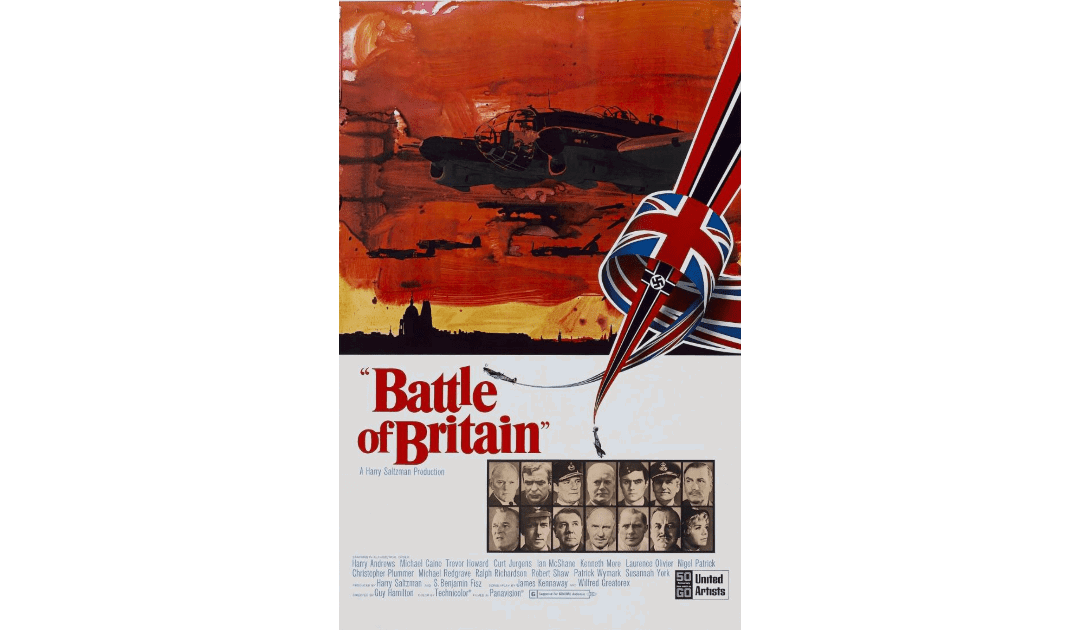On 7th September 1940 there was a turning point in the Battle of Britain. The Luftwaffe switched from attacking RAF Fighter Command airfields, to bombing London. The Blitz as it was known, was devastating for London, but a huge relief to Fighter Command. Although the RAF had the advantages of the Chain Home early RADAR warning system, and greater time in the air over home territory, they were losing experienced pilots at an unsustainable rate. The turning point enabled Fighter Command to recover, victory in the Battle of Britain was assured, and Britain would not be invaded.
Why did this turning point occur, when the Luftwaffe were so close to wearing Fighter Command down? According to The Past, there had been a “gentleman’s agreement” that civilian target would not be bombed. Around 24th or 25th August a small group of Luftwaffe aircraft missed their target at night and dropped some bombs on London by mistake. Winston Churchill ordered night attacks on Berlin and Hitler was so infuriated he ordered the Luftwaffe to turn their attacks against London rather than Fighter Command airfields.
In the epic 1969 film Battle of Britain, there is another turning point when the Czech and Polish pilots are let loose on the Luftwaffe. The Imperial War Museum website is clear that the Czech and Polish pilots made a vital difference. It credits Josef Frantisek as the highest scoring pilot in the Battle of Britain. He was a Czech flying with 303 (Polish) Fighter Squadron. His Wikipedia page cites him as the highest scoring non-British allied ace in the Battle of Britain. An aero forum credits Eric Lock as being the highest scoring allied ace in the battle and notes that both Adolf Galland and three other Luftwaffe fighter pilots had more kills during the battle that any of the allied pilots.
When you come to doubt the Imperial War Museum’s “facts” concerning events in the relatively recent past, it hammers home the difficulty of researching historical fiction. I’ve posted about my use of JSTOR, which I do find a great aid in researching the Sir Anthony Standen Adventures. It was a turning point for me when I discovered its capability. I do my best!

